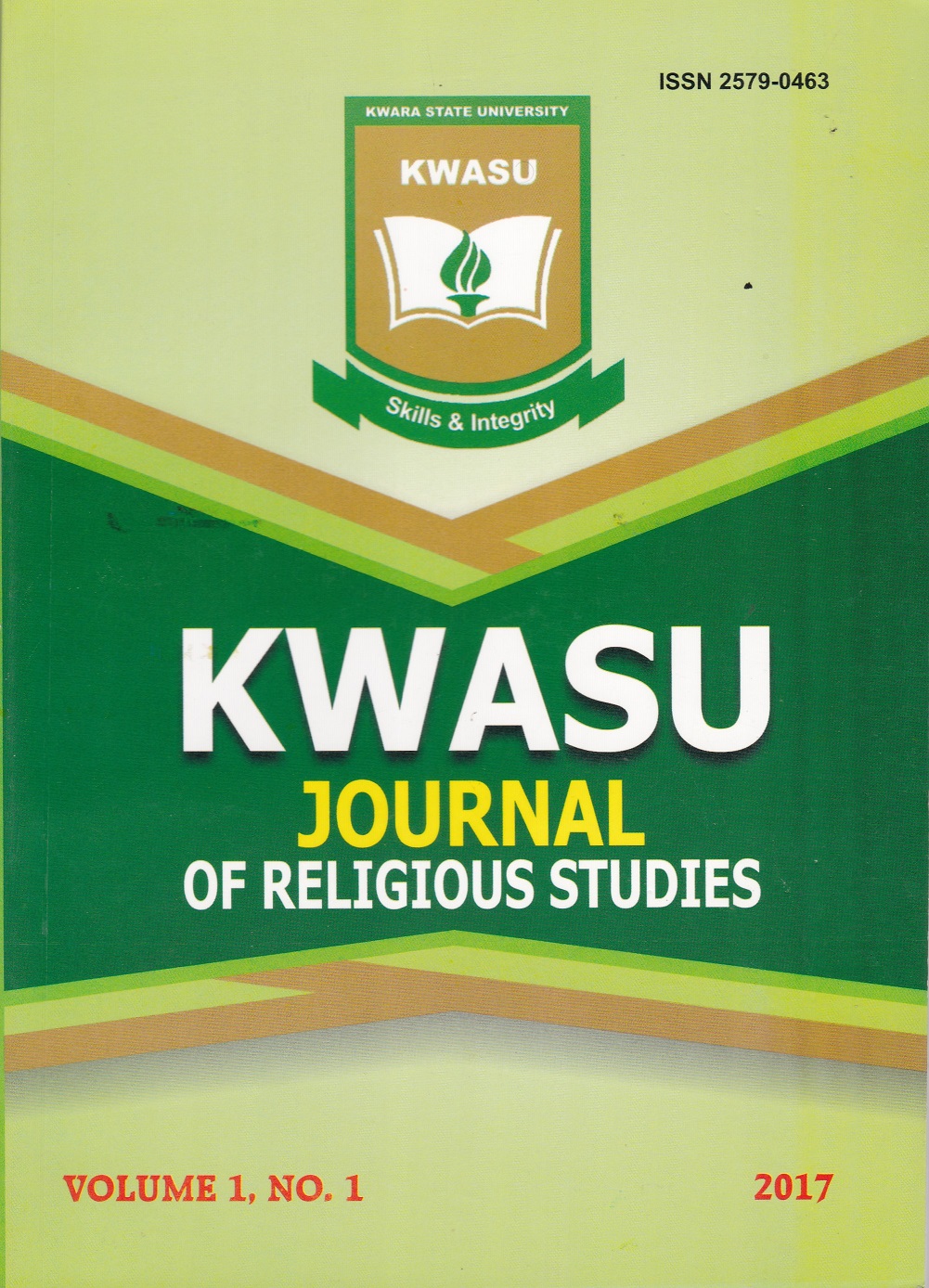Re-Assessing New Testament Doctrine of Eternal Security in Relation to Prosperity Gospel in Contemporary Nigerian Society
Keywords:
Eternal Security, Salvation, Prosperity gospel, Preachers and ChristianityAbstract
The doctrine of Salvation is one of the several doctrines in Christianity which finds its deepest meaning in the spiritual aspect of life and fulfilment in Jesus' death. The highpoint of Christian commitment is to achieve salvation and be sure it is secured. God is holy and has zero tolerance for sin, therefore, no one who relishes in sin would be saved by God. Within this context, two schools of thought emerged, namely: Calvinism and Arminianism. In Calvinism, God offered irresistible grace to those whom He elected to save in his sovereignty. While in Ariminianism, Redemption was gotten through God's grace but could be resisted by people through free choice. Prosperity gospel is a current phenomenon in Christianity in Nigeria being peddled by some preachers. It has become so popular that it is seen as a point of spiritual salvation. The problem of study in this study examined the import of sin and how eternal security can remain intact where sin does not abound. Replacing call to repentance and faith with too much emphasis on donation of money, especially gotten through illegal sources is a sin and unChrist-like. Therefore, the relationship between preacher's attitude to eternal salvation and prosperity gospel is critically examined. The methods employed are historical and sociological. The study concludes that once a Christian is saved, he cannot lose it because the Holy Spirit dwells in him. Also, prosperity gospel is a deceit to lay the foundation of greed. Therefore, preachers should make their callings and election sure by adding to their salvation God's virtue and godliness.



